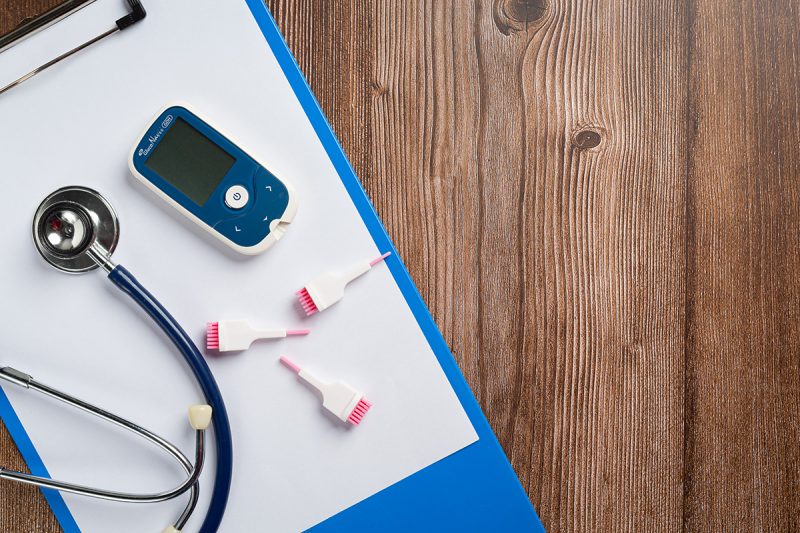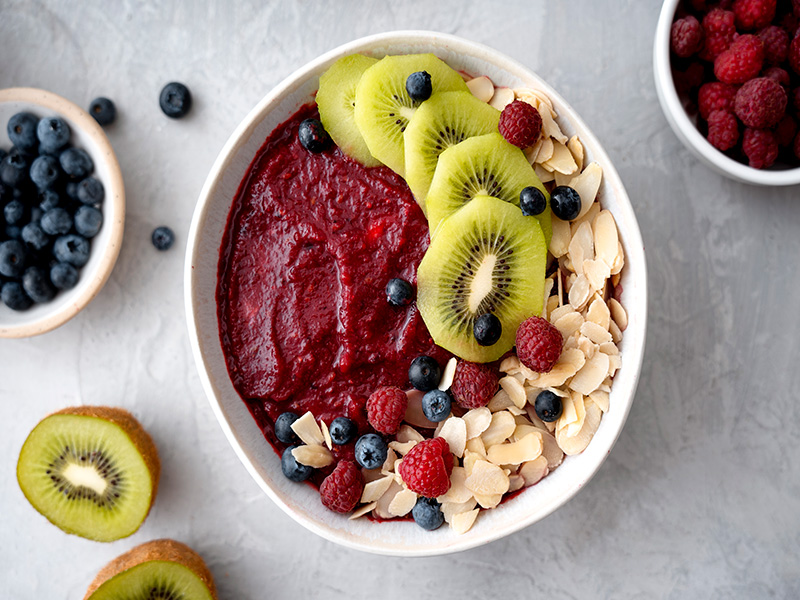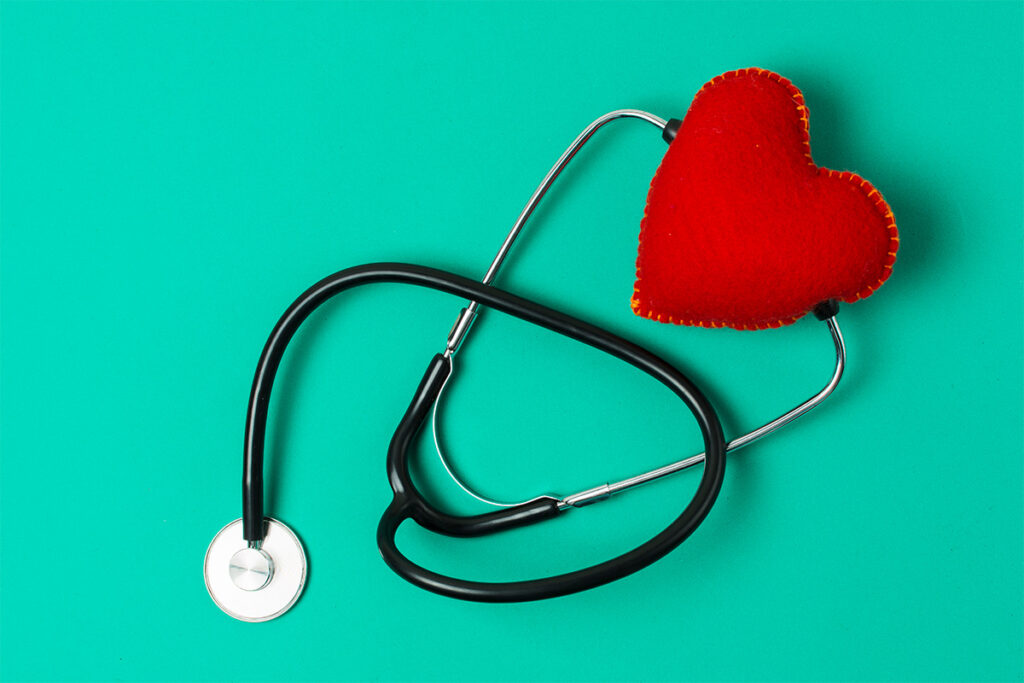Diabetes Diet: Knowing what to eat
is important. Plus, a bonus tip
no one told you about

-
Diabetes is a chronic, metabolic disease characterized by elevated levels of blood glucose (or blood sugar). This increase is either due to the body not producing enough insulin or not being able to utilise the insulin it is producing in the right manner. Medication is required to manage the levels of insulin for this condition. And while medication will help, a change of lifestyle is required as well. Thus, managing diet is very important for a diabetic. There is no fixed formula to know how much you need to eat or drink. It varies with age, gender, activity levels etc. You should get a professional dietician to understand your specific lifestyle factors and design a diet chart for you.

Diabetes Diet Where do you get your carbohydrates from?
One of the first things you need to understand is that carbs are not the enemy. Your body needs carbohydrates for energy. However, as a diabetic you need to be careful about the source of carbohydrates in your meals, the frequency, and the portion size. There are multiple sources of carbohydrates but the main groups are as below:
- Fruits and veggies: Fruits and vegetables are a great source of fibre as well as essential vitamins and minerals. However, they are also a source of carbohydrates. A lot of people go to extremes in that they will either go heavy on vegetables and fruits as healthy diet options or stay away from fruits fearing the high fructose levels. What you need is balance. Fruits are vegetables are part of a good diet and in right amounts are beneficial for your body. Portion size management is the key.
- Starchy food: Starchy foods like potatoes, bread, rice etc are a rich source of carbohydrates and provide us energy. However, a complexity for diabetics is that some of these sources have a very high glycaemic index i.e. they get converted to glucose very quickly in the body and result in a spike of blood sugar levels. You should look to replace these with low glycaemic index foods like millets instead of wheat flour, whole grain bread instead of white bread, brown rice instead of white rice, sweet potato instead of potatoes etc.
- Protein rich food: Protein is the building block of the body and is something that is normally deficient in Indian diets. Another advantage of protein rich food for diabetics is that they are generally low on glycaemic index. Hence ideally, a person should have one portion of protein rich food every day. And while eggs, meat and fish are excellent sources of protein, vegetarians have very good alternatives in the form of lentils, nuts, tofu etc.
- Dairy and alternatives: Dairy products are a great source of calcium and protein particularly for the vegetarians. However, they are also dense on saturated fats. These fats are good for the body up to a limit and therefore skimmed dairy options are recommended. Also, one should take unsweetened options where possible.
- Oils and spreads: Some amount of fat is needed by our body in order to aid digestion and absorb nutrients. However saturated fats are something to be avoided. Hence, for cooking purposes we recommend cold pressed coconut oil and mustard oil over animal fat like ghee or butter. With western cuisines now being popular in India, dressings and spreads are also making their way into eating habits. We recommend Olive oil as the base and if possible, dressings should be made at home. That helps you control the sugar and salt content.
Bonus Tip:
Reduce the size of your cups, plates and bowls. It’s a well-established fact that larger the size of your plates and bowls the more you tend to eat. As part of your diabetes diet management, reducing the size of your plates and cutlery could be one of the most effective hacks.
Reference:
https://www.diabetes.org.uk/guide-to-diabetes/enjoy-food/eating-with-diabetes/what-is-a-healthy-balanced-diet
https://www.theweek.in/health/more/2023/08/26/india-needs-a-more-targeted-approach-to-raise-protein-consumption.html
https://www.heart.org/en/healthy-living/healthy-eating/eat-smart/nutrition-basics/portion-size-versus-serving-size
Frequently Asked Questions
Good digestion ensures proper nutrient absorption, strengthens immunity, and boosts energy levels. It also prevents complications like weight gain, hormonal imbalances, and chronic diseases.
Consider the insurer’s financial stability, claims process, coverage terms, and inclusion of services like teleconsultation and diagnostic tests. These factors ensure smooth access to care and timely claim settlements.
Poor digestion can cause nutrient deficiencies, weakening the immune system and leading to fatigue. It’s also linked to weight gain, diabetes, and mental health issues.
Adopt a balanced diet rich in fiber and fermented foods, quit smoking, avoid alcohol, exercise regularly, and manage stress to support healthy digestion.
It offers comprehensive benefits, including hospitalization, diagnostic tests, and teleconsultation, with a reduced waiting period for pre-existing conditions and cashless treatments.
Hi, my name is Om, and I am a developer at Carepal Secure. With a strong passion for technology and innovation, I enjoy creating effective solutions and learning new skills to enhance my expertise. My journey in development has been both challenging and rewarding, allowing me to grow professionally while contributing meaningfully to the projects I work on.












